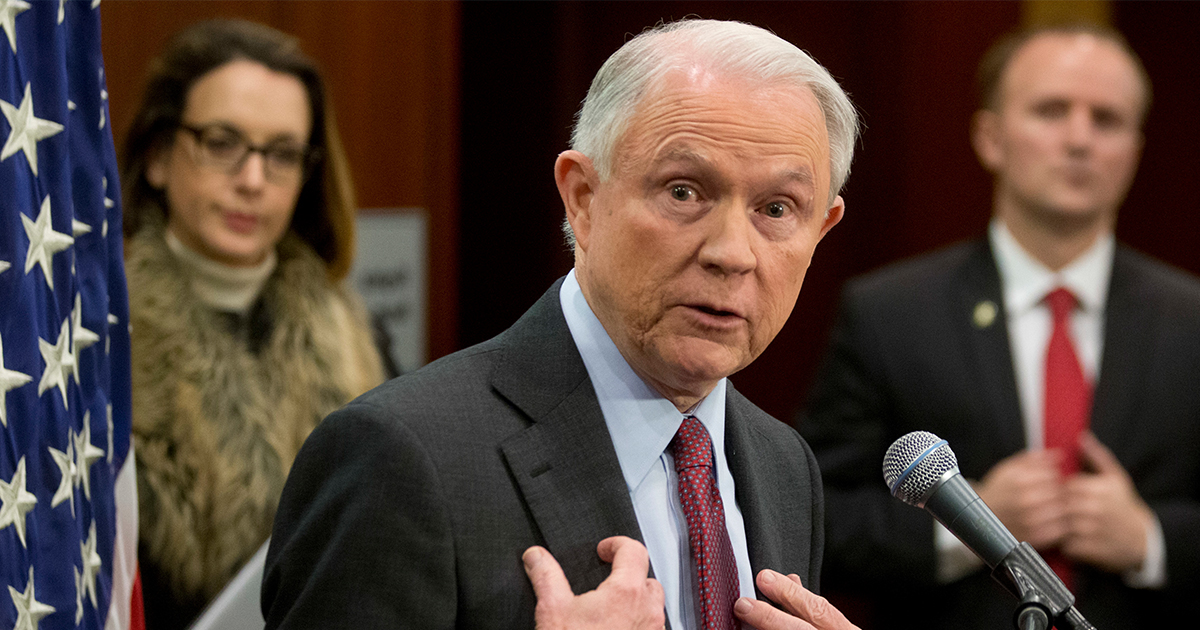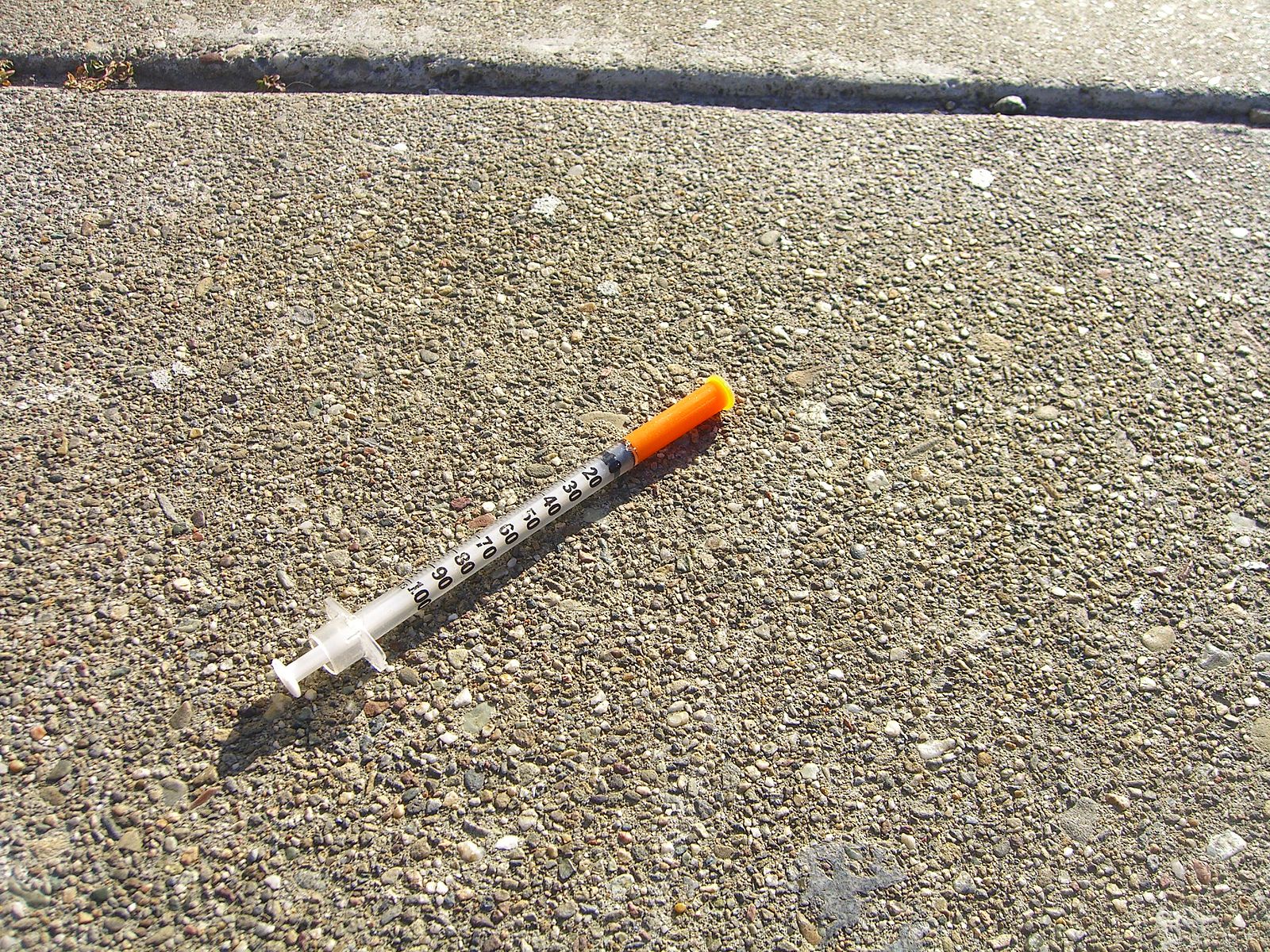Why Jeff Sessions' Memo Won't Fix the Opioid Epidemic

By:
Attorney General Jeff Sessions sent a clear message to federal prosecutors this week: it's time to crack down on drug offenders
 AP Photo/Steve Helber - apimages.com
AP Photo/Steve Helber - apimages.com
In a memo dated May 10, Sessions encouraged prosecutors to issue maximum sentences, including mandatory minimums, for those convicted of "the most serious" drug-related crimes.
This would mean non-violent, first-time offenders will now face maximum penalties outlined in federal law. The previous administration excluded this group from such penalties.
The order also rescinded former Attorney General Eric Holder's 2013 memo that gave prosecutors discretion in sentencing for certain non-violent drug offenders, stating “Any inconsistent previous policy of the Department of Justice relating to these matters is rescinded, effective today.”
Sessions argues that the new policy will combat the opioid epidemic.
In a speech to law enforcement officials on Friday, Sessions said the policy shift aligns with President Donald Trump's pledge to "keep America safe." Drug trafficking and violence are inextricably linked, he claimed, and it was imperative to enforce tough sentencing standards in the wake of the opioid epidemic.
 eric molina/Wikimedia - wikimedia.org
eric molina/Wikimedia - wikimedia.org
But a 2015 report from the Bureau of Labor Statistics suggests that imposing lengthier sentences for drug offenders wouldn't do much to combat heroin or prescription painkiller trafficking.
Here are the types of drugs that federal inmates were convicted of trafficking in 2012:
- Power or crack cocaine: 54 percent
- Methamphetamine: 24 percent
- Marijuana: 12 percent
- Heroin: 6 percent
- LSD, MDMA, and miscellaneous prescription drugs: 3 percent
In other words, the drug offenders who would be most affected by this policy are cocaine traffickers, not heroin dealers.
But what if opioid dealers did make up a greater portion of offenders, would harsher sentences actually stem the flow of drugs? Not necessarily, Holder wrote on Friday.
"The policy announced today is not tough on crime. It’s dumb on crime," Holder wrote. "It is an ideologically motivated, cookie-cutter approach that has only been proven to generate unfairly long sentences that are often applied indiscriminately and do little to achieve long-term public safety."
In the years since Holder reformed the Justice Department’s mandatory minimum guidelines, the number of federal cases involving "high-level drug defendants had risen," he said. It also saved the department money on incarcerations, which “less the ability of [Justice Department] to hire prosecutors, agents, and make grants to its state and local partners."
